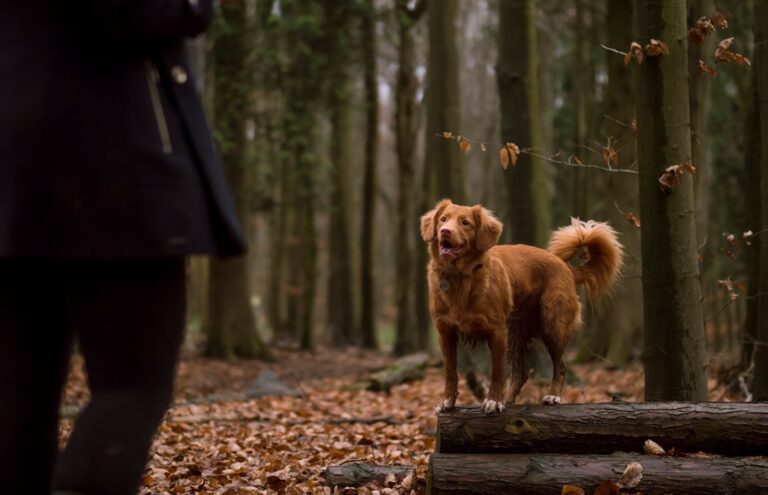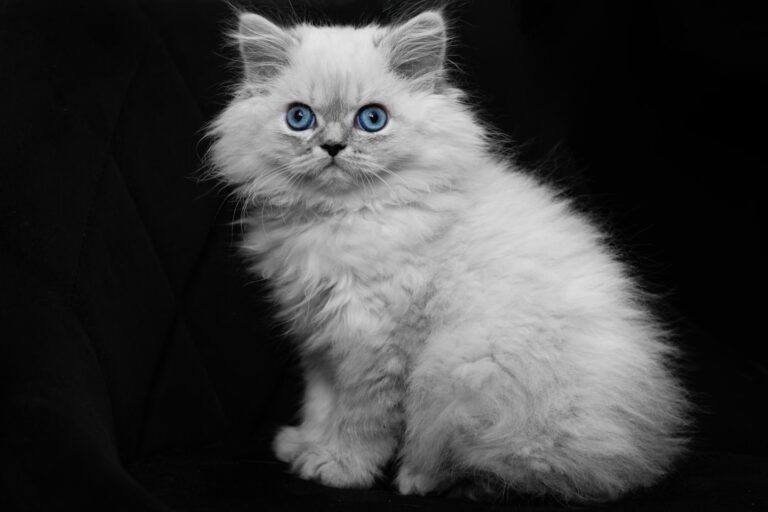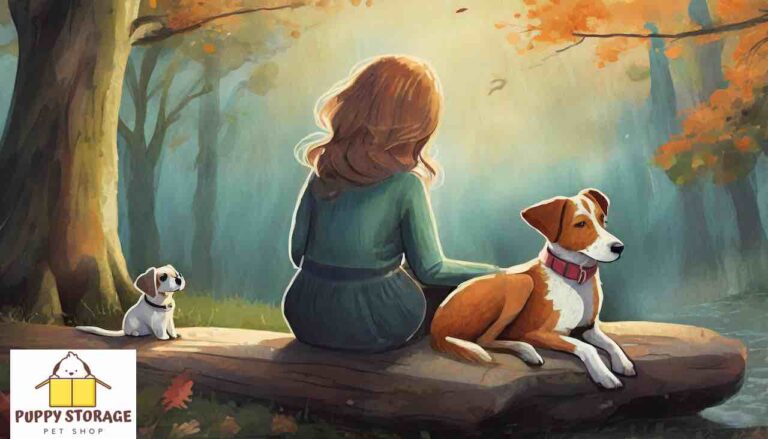These Animals View Raccoons as Their Next Meal
“`html
Raccoons, with their bandit masks and nimble paws, often evoke curiosity and even a desire to keep them as pets. However, beneath their charming exterior lies a complex web of legal, ethical, and practical considerations that anyone contemplating raccoon ownership must carefully unravel.
One of the first hurdles is legality. In many states and municipalities, owning a raccoon is outright illegal. These laws exist primarily to protect public health and safety. Raccoons are known carriers of rabies, a deadly viral disease that can be transmitted to humans and other animals. Even captive-bred raccoons can carry the virus. Furthermore, they can harbor other parasites and diseases, posing a risk to household pets and humans alike.
Beyond legal restrictions, the ethical implications of keeping a raccoon as a pet are significant. Raccoons are wild animals with inherent needs that are difficult, if not impossible, to meet in a domestic environment. They require ample space to roam, explore, and engage in their natural behaviors, such as foraging and climbing. Confining a raccoon to a cage or even a house can lead to stress, boredom, and behavioral problems.
Raccoons are also incredibly intelligent and inquisitive creatures, requiring constant stimulation and enrichment. Without it, they can become destructive, tearing apart furniture, chewing on wires, and generally wreaking havoc on their surroundings. Their sharp claws and teeth, designed for survival in the wild, can also pose a threat to humans, especially children.
Even if legal and ethical concerns are addressed, the practical challenges of raccoon ownership are considerable. Raccoons are notoriously difficult to house-train. While some individuals may achieve a degree of success, accidents are common, and the odor can be pervasive. Their diet is also complex, requiring a variety of foods to meet their nutritional needs. Commercial pet food is not designed for raccoons, and formulating a balanced diet requires extensive research and careful planning.
Finding a veterinarian willing and able to treat a raccoon can also be a challenge. Many veterinarians lack the experience and expertise to properly care for these wild animals. Emergency care can be particularly difficult to obtain.
Moreover, raccoons are crepuscular animals, meaning they are most active during dawn and dusk. This can disrupt human sleep patterns and lead to conflict within the household. Their nocturnal nature also means they require a secure and stimulating environment to keep them occupied during the night.
The allure of owning a seemingly “cute” and “exotic” animal like a raccoon often overshadows the harsh realities of their care. While anecdotes of seemingly well-adjusted pet raccoons circulate, they are often the exception rather than the rule. The vast majority of captive raccoons suffer from inadequate living conditions, improper diets, and a lack of appropriate veterinary care.
For those who are drawn to raccoons, a far more responsible and ethical approach is to appreciate them from afar. Supporting wildlife rehabilitation centers that rescue and rehabilitate injured or orphaned raccoons is a meaningful way to contribute to their well-being. Educating oneself and others about the importance of protecting their natural habitats is another crucial step in ensuring their long-term survival. Consider, too, the broader impact on the ecosystem. Removing a raccoon from its natural environment disrupts the delicate balance and can have unforeseen consequences.
Ultimately, the decision to own a raccoon is a weighty one with far-reaching implications. It requires a deep understanding of their complex needs, a commitment to providing a lifetime of specialized care, and a willingness to prioritize their well-being above personal desires. For most people, the challenges of raccoon ownership far outweigh the rewards, making it a choice that is best avoided. Remember, admiring these fascinating creatures in their natural habitat is the most responsible and ethical way to appreciate their unique beauty and intelligence.
“`





































